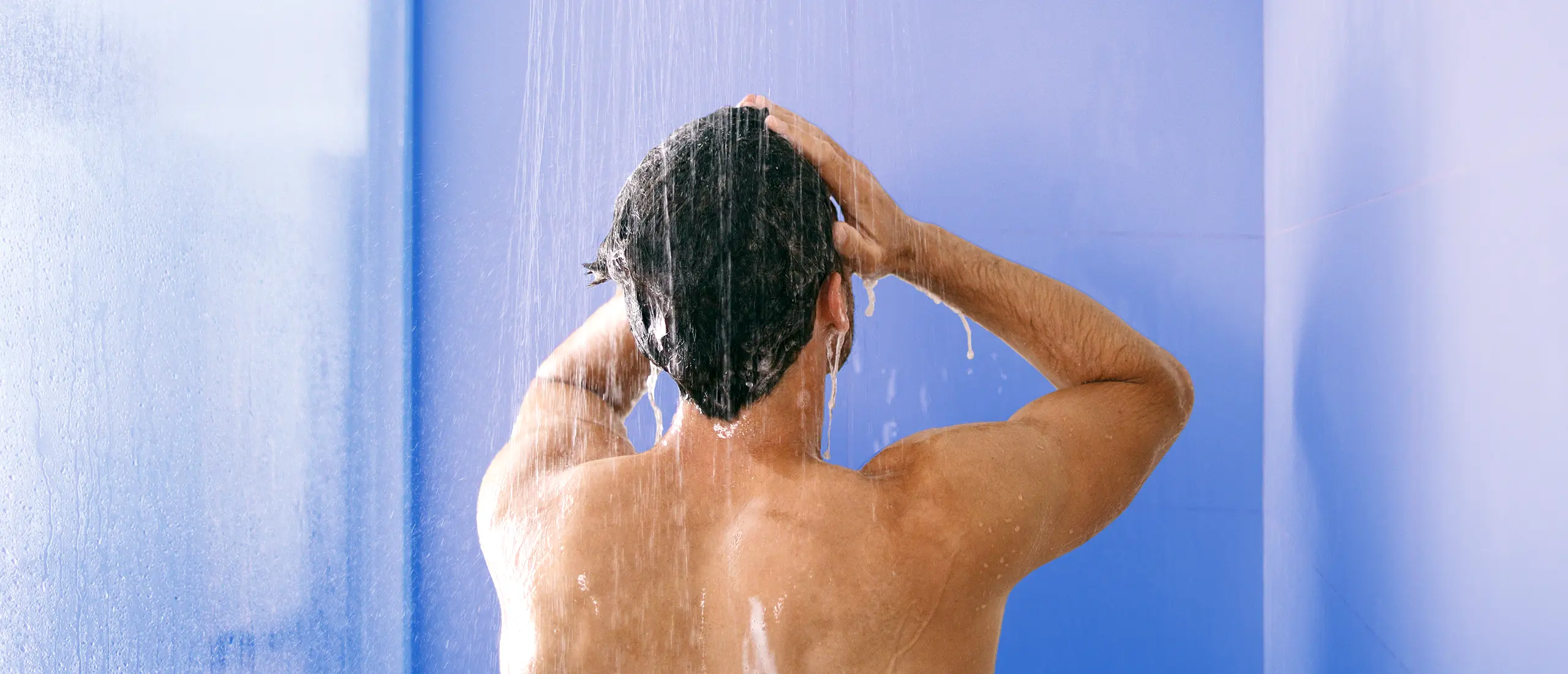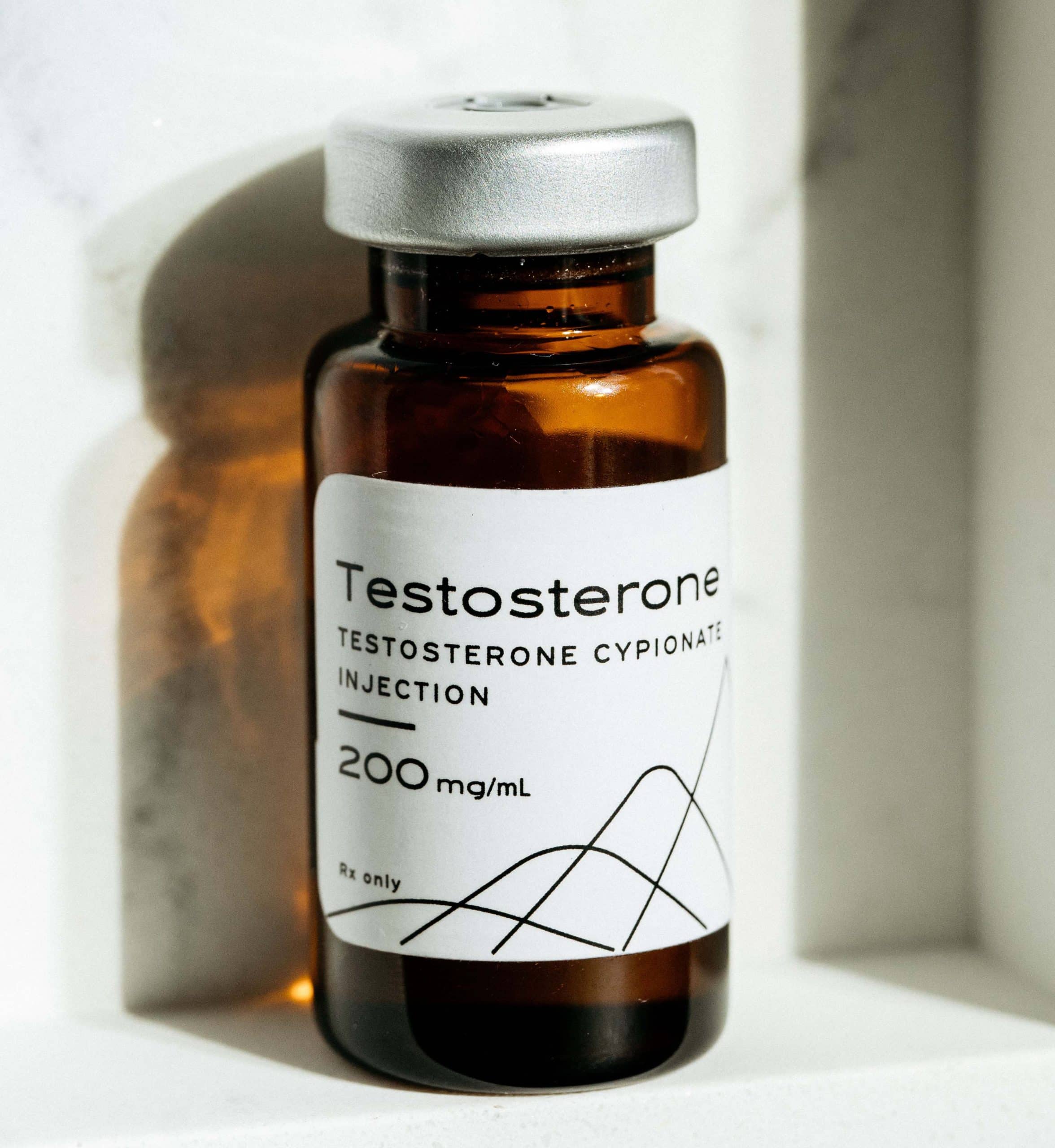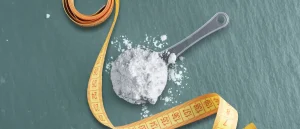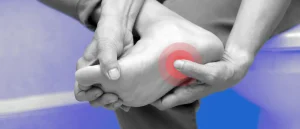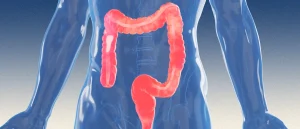Do Cold Showers Increase Testosterone? Doctors Weigh In
- By Meghan De Maria
- February 29, 2024
We all have that one friend who swears by cold showers and other cold-water immersion methods like the cold plunge. Apart from feeling revitalized after standing under a cold stream or taking a dunk in frigid waters, you may notice other benefits such as reduced muscle soreness and a revved-up metabolism. But, do cold showers increase testosterone?
“I’m not convinced that regular cold water plunges are going to lead to a sustained elevated or improved testosterone level,” says Scott D. Miller, M.D. “I don’t think there’s any good evidence-based longitudinal study that would confirm that.”
What has been confirmed, however, is that tried-and-true methods like exercising regularly (1) and eating a healthy diet (2) can raise testosterone levels. Here’s what urologists have to say about cold showers’ effects on T levels.
About the Experts
Scott D. Miller, M.D, M.B.A., is the medical director at Wellstar Urology, a 25-physician urology practice in Atlanta.
David Shusterman, M.D., is a urologist at NY Urology.
Do Cold Showers Boost Testosterone?
While you might think lowering the temperature of the scrotum would aid in testosterone production, any potential effect would be short-lived (3). As Miller explains, both cold and hot showers are “episodic,” meaning they won’t have a lasting effect. “Whatever effect it has, that effect wears off fairly quickly,” he says.
Urologist David Shusterman, M.D. concurs. He explains that many cultures swear by cold water immersion for its revitalizing properties, but it’s not an effective way to treat low testosterone levels.
Do Cold Showers Lower Testosterone?
You’ve heard that health-promoting behaviors, like getting enough sleep and exercising regularly, can increase testosterone. But will cold showers lower your T levels? While some research has found lowered testosterone levels after cold-water immersion therapy (3), it’s important to remember, as Miller notes, that these instances are episodic and short-lived. You won’t cause your T levels any harm by taking a cold shower.
Does That Mean Hot Showers Increase Testosterone?
While you’ve likely heard that high temperatures aren’t good for hormone health (4)—who hasn’t been warned about leaving a hot laptop on their lap for too long?—there’s less evidence that hot temperatures are beneficial for testosterone.
“Just because one thing causes XYZ doesn’t mean that the opposite of that one thing causes the opposite of XYZ,” Miller says. That means cold showers aren’t going to boost testosterone production in any meaningful way—and it also means that a hot shower or bath isn’t going to lower it.
If you like the refreshing feeling of a cold shower, indulge by all means. But if you’re more of a hot shower person, you’re not doing your hormones a disservice either.
What Are Some Potential Benefits of Taking a Cold Shower?
While cold showers probably won’t provide lasting benefits for your body’s testosterone production, there are other reasons people swear by them.
“Some people do it for recovery from exercise,” Miller says of cold-water immersion such as cold showers and ice baths. “Some people feel it improves their metabolism, improves weight loss, improves mental acuity.”
More research is needed, but cold showers could even treat symptoms of depression by increasing the body’s endorphins (5). This may, in part, be due to the fact that cold-water immersion causes a jolt of stress in the body that can stimulate adaptation and resilience.
Improved circulation and post-workout recovery
After a day of getting hot and sweaty at the gym, a cold shower might sound extra refreshing. And there’s research to support the idea that cold showers can increase circulation, which in turn can help reduce muscle soreness and inflammation after a workout (6).
Improved mood
Cold showers have shown promise in lowering symptoms of depression and anxiety (5). As Miller notes, some people swear by that mental boost. After all, how can you feel stressed about something when your body’s focused on responding to the shock of the cold water?
Strengthened immune system
While more research is needed, there is some evidence that cold-water immersion can support a healthy immune system (7). Shocking your body with even a little bit of cold water could increase your white blood cell count (8), which could help you fight off infections (and therefore use fewer sick days) (9).
Better sleep
Some athletes believe that post-workout cold showers help them sleep better. Smaller studies have found athletes who took a cold shower after exercise reported better sleep patterns (10).
That doesn’t mean you have to take a cold shower right before bed, though. In fact, if a cold shower holds those invigorating properties for you—to some people, it’s like downing a cup of coffee—you might want to save the cold shower for earlier in the day.
What Are Some Natural Ways To Increase Testosterone?
Exercise regularly
“When you do something to improve your muscle mass, in particular, resistance-based exercises, it’s sending a signal to the body that we want more testosterone, that we need more testosterone,” Miller says.
He adds that exercise can also improve your metabolism, which in turn can boost your testosterone levels. (This is the best type of workout you can do to elevate T levels.). Keeping your fat stores low will also help prevent as many conversions from testosterone over to estrogen.
Eat the right foods
“The best foods to eat are protein-rich foods and also fatty foods,” says Shusterman. “Testosterone is a fat derivative, so you don’t want a fat-free diet.” Healthy fats, such as salmon, nuts, and nut butters, are your friend here. Shusterman also recommends zinc and vitamin D supplements to boost the body’s natural testosterone production.
On the flip side, some foods that lower T levels include fried foods and sugary baked goods.
Sleep plenty
“Sleep deprivation has a direct correlation with testosterone deficiency,” Miller says. Not sleeping enough can raise your body’s levels of the stress hormone cortisol, as can not getting enough exercise. Higher cortisol levels can lead to lower testosterone levels—sleep and testosterone are connected more than you’d think. Less stress and more sleep are both crucial ingredients for healthy T levels.
When is it time to consider testosterone replacement therapy?
So, you’re exercising regularly, eating a healthy diet, and getting adequate sleep, but you still have symptoms that could indicate low T levels. In that case, it might be time to see your regular doctor, who can refer you to a urologist or endocrinologist.
“The number-one warning sign that I see is people coming in with erectile dysfunction,” says Shusterman. “Number one is erectile dysfunction, followed by low sex drive, followed by low energy. When people have that, it’s critical to have your testosterone checked at that point.”
Shusterman adds that low T levels are linked to more than just sexual health. Maintaining normal testosterone levels is important for cardiovascular health (11), too—even if you aren’t sexually active, low T isn’t something to ignore.
If you think you may be suffering from low testosterone levels, Hone’s at-home kit can test your hormone levels without a doctor’s visit. The test will evaluate both your total testosterone and free testosterone levels, as well as other biological markers. If your testosterone levels fall below the normal range, you’ll want to talk to your doctor or one of Hone’s doctors about testosterone replacement therapy (TRT).
The Bottom Line
While taking a cold shower isn’t likely to raise your testosterone levels by any sustainable degree, there’s no harm in cold water immersion, either. But if you think you have low T levels, it’s worth getting tested—cold water isn’t the solution.
Hone’s at-home testosterone assessment is the simplest way to uncover whether your levels are low. If you qualify for treatment, TRT can be sent right to your door.
References
1. Hiroshi Kumagai, et al. (2016). Increased physical activity has a greater effect than reduced energy intake on lifestyle modification-induced increases in testosterone.
2. Amit Zamir, et al. (2021). Manipulation of Dietary Intake on Changes in Circulating Testosterone Concentrations.
3. K. Sakamoto, et al. (1991). Effects of physical exercise and cold stimulation on serum testosterone level in men.
4. K A Galil, et al. (1988). Effects of local heating of the testes on the concentration of testosterone in jugular and testicular venous blood of rats and on testosterone production in vitro.
5. Nikolai A. Shevchuk. (2007). Adapted cold shower as a potential treatment for depression.
6. Esperland D, de Weerd L, Mercer JB. (2022). Health effects of voluntary exposure to cold water—a continuing subject of debate.
7. L. Jansky, et al. (1996). Immune system of cold-exposed and cold-adapted humans.
8. Nikolai A Shevchuk. (2007). Possible stimulation of anti-tumor immunity using repeated cold stress: a hypothesis.
9. Geert A. Buijze, et al. (2016). The Effect of Cold Showering on Health and Work: A Randomized Controlled Trial.
10. Maxime Chauvineau, et al. (2021). Effect of the Depth of Cold Water Immersion on Sleep Architecture and Recovery Among Well-Trained Male Endurance Runners.
11. Andrew Elagizi, MD, et al. (2017). Testosterone and Cardiovascular Health.
12. Ruba Riachy, et al. (2020). Various Factors May Modulate the Effect of Exercise on Testosterone Levels in Men.
13. Jacob E Earp, et al. (2019). Cold-water immersion blunts and delays increases in circulating testosterone and cytokines post-resistance exercise.



